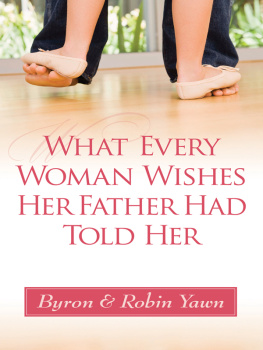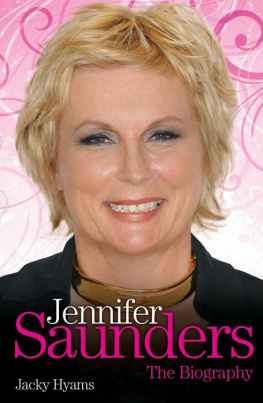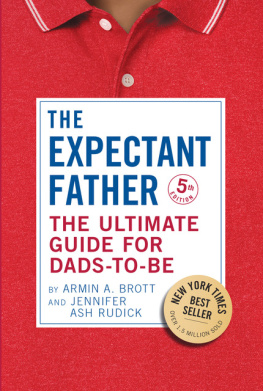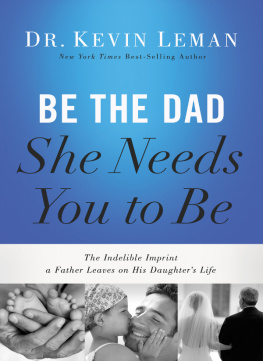
Flim-Flam Man
A T RUE FAMILY HISTORY
Jennifer Vogel
SCRIBNER
NEW YORK LONDON TORONTO SYDNEY

SCRIBNER
1230 Avenue of the Americas
New York, NY 10020
www.SimonandSchuster.com
Copyright 2004 by Jennifer Vogel
All rights reserved, including the right of reproduction in whole or in part in any form.
SCRIBNER and design are trademarks of Macmillan Library Reference USA, Inc., used under license by Simon & Schuster, the publisher of this work.
For information about special discounts for bulk purchases, please contact Simon & Schuster Special Sales: 1-800-456-6798 or business@simonandschuster.com
Designed by Kyoko Watanabe
Text set in Minion
Manufactured in the United States of America
10 9 8 7 6 5 4 3 2 1
Library of Congress Cataloging-in-Publication Data
Vogel, Jennifer.
Flim-flam man : a true family history / Jennifer Vogel.
p. cm.
1.Vogel, John Bryson, 1942-1995. 2. CriminalsUnited StatesBiography.
3. Fugitives from justiceUnited StatesBiography. 4.Vogel, Jennifer.
5. Adult children of dysfunctional familiesUnited StatesBiography.
6. Fathers and daughtersUnited StatesCase studies. 7. Problem familiesUnited StatesCase studies. I. Title.
HV6248.V64V63 2004
364.1092dc21
[B] 2003057255
ISBN 0-7432-1707-1
eISBN-13: 978-1-4391-3145-9
For Mom
I wish I was able to buy you a new car or a home or something, but Im a little short right now, honey.
Dad from prison, 1987
Flim-Flam Man
1
The funeral was a shambles
I DROVE MY ESCORT through the gates of St. Vincent cemetery, a small, well-manicured plot of land practically invisible amid the highways and chain restaurants of Minneapoliss northern suburbs. I passed tidy beds of marigolds and petunias, a towering ivory Jesus on a cross with three fretting women at his feet. The rutted trail wound through rows of stones like jack-o-lantern teeth and finally met the upright granite slab that reads Vogel. The family plot, until now inhabited solely by my grandmother Margaret, rests in back next to the drainage ditch.
That Grandma was buried alone here is a testament to my familys overall instability, a history exploded to bits. We hold grudges, disown, deny, and pretend at easy glamour. We start over and wipe slates clean. What is passed down is something nobody wants to own, so that each new generation darts ahead, dodges the shadow, breaks the link, only to be gripped for all time just as our mothers and fathers tumble backward into darkness.
Grandma had been poor, shanty Irish she called it, Catholic. Shed attended Mass on Saturday nights, a ritual of absolution before heading to the bars. She used to strut up to the churchteased red hair, brightly drawn lipspuffing a cigarette. With long fingernails, shed flick the butt into the bushes on her way through the door. Then shed dip her tarry fingers into the holy water. Grandma sent my father to Catholic school; Dad was even an altar boy at the Basilica of St. Mary in Minneapolis. Eventually, hed revolted. So vehemently had he resented the Churchs hypocrisy that hed wound up a devout atheist. He was fond of imitating priests: Louder, boy!
On this 95-degree July afternoon, with mosquitoes attacking, my father would be laid out under the cross next to his mother, drawn back into the fold.
The sky was thick and hazy white and I thought it might sink down and smother me as I walked, stabbing the grass with high heels, toward the tiny, unsatisfactory group gathered to mourn Dad. Under my new black-and-white dress, I felt the rolled band of my panty hose. It was creeping up my waist, swallowing me like an anaconda. I tugged at it, but could hardly breathe.
Off to the right, just beyond a chain-link fence, I noticed five or six people gathered for a barbecue outside an apartment complex situated too close to the graveyard. They were giving off sounds of ice jiggling and laughter as one or another hummed jokes and stories. Hamburger smell wafted in our direction. People like another species.
The mood on my side of the fence was grim. The casket, traveling some 250 miles from a funeral home in Sioux Falls, South Dakota, was late, leaving the mourners with nothing to fixate on but each other. At the core of our anxious entourage was my fathers younger sister, Cheryl. Cheryl had helped support Dad in recent years and was the one whod driven out to identify his body under fluorescent lights. She felt intense proprietorship over the funeral. Shed made the arrangements. There was no money, so there was no church, no organ music, and no program (the funeral home would forget the bookmark-size cards shed ordered). My fathers send-off consisted of a few carnations, a prayer for the poor captive souls in Purgatory, and a huddle of folding chairs next to an Astroturf-covered hole in the ground. I studied the hole. I imagined it an ancient mouth that had been whispering obscenities to Dad his whole life, stripping away little pieces until there was nothing left but his corpse. Now it was going to devour that too.
Cheryl had been highly selective with the invitations. Shed included her two kids, Dads hapless younger brother, Tom,my sister and me, and a small cadre of my fathers more respectable friends. Despite a routine of robbery, arson, insurance fraud, and counterfeiting, Dad had managed to keep lifelong pals: people happy to forgive or ignore all manner of transgression as long as they were having a good time. Dressed in rumpled suits, my fathers compatriots looked like washed-up salesmen, beaten down but still tricky. They milled about and lifted their sweating faces in praise of Dad, figuring it was the appropriate thing to do. John was such a great guy, declared a half-blind chronic alcoholic. I remembered that this man had visited our lake cabin during summers. Once, around the Fourth of July, hed started a motorboat in the shallow water and broken off all the propeller blades. He could figure anything out, the blind man assured us, solve any problem.
There will never be anyone else like John, added a distinguished-looking man with salt-and-pepper hair. Hed been in prison with Dad when the two were teenagers. Theyd fired guns together and even pulled a few scams. Once, theyd purchased a miniature golf course, sold it, and then packed it up in the middle of the night and sold it again. Look at the way he managed to outrun the police, he said. For more than five months! He was so smart, they didnt know what to do with him!
This clutch of mourners chatted uneasily, all of us remnants of Dads fucked-up life, trying to resolve memory into a cohesive remembrance. We were a tangle of secrets and grudges and requests to look the other way-accomplices all, witting or unwitting didnt matter. Hed drawn us in. Dad could charm like that, with his shy smile and winter blue eyes. He was terrible, really, a crooked cheat. But he was brilliant too, ingenious and sometimes genuinely good. He showed me the ocean for the first time. He once bought me baby ducks. He baked lemon meringue pies. He couldnt think before coffee in the morning.
My father didnt leave behind much in the way of possessions: some clothes, two copies of a novel hed written, and a box of mementos-a sentimental mans collection of letters and photos and torn report cards. The bulk of what remained was not in fact physical, but psychic. Dads death set off a wide swath of internal hurricanes, perilous swirls of anger, regret, and shame. Everybody blamed everybody else. And we all blamed ourselves. Just for a little while, Dad got to be innocent.
Next page










